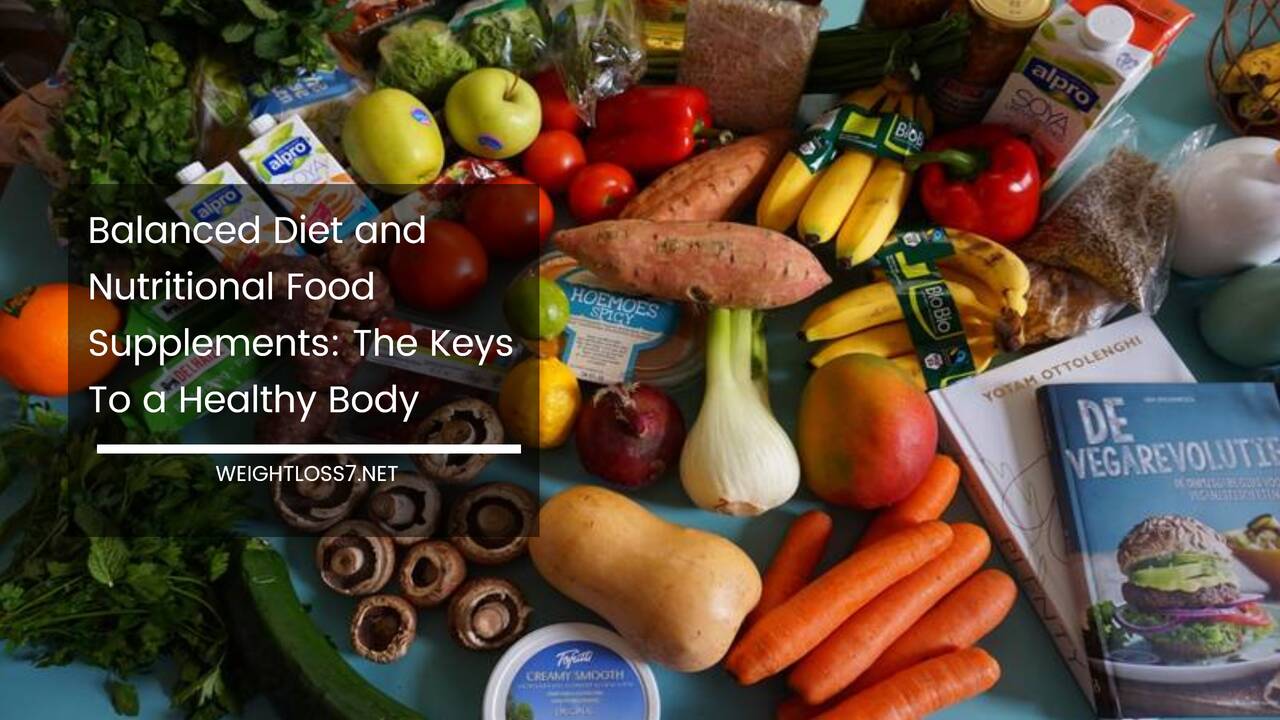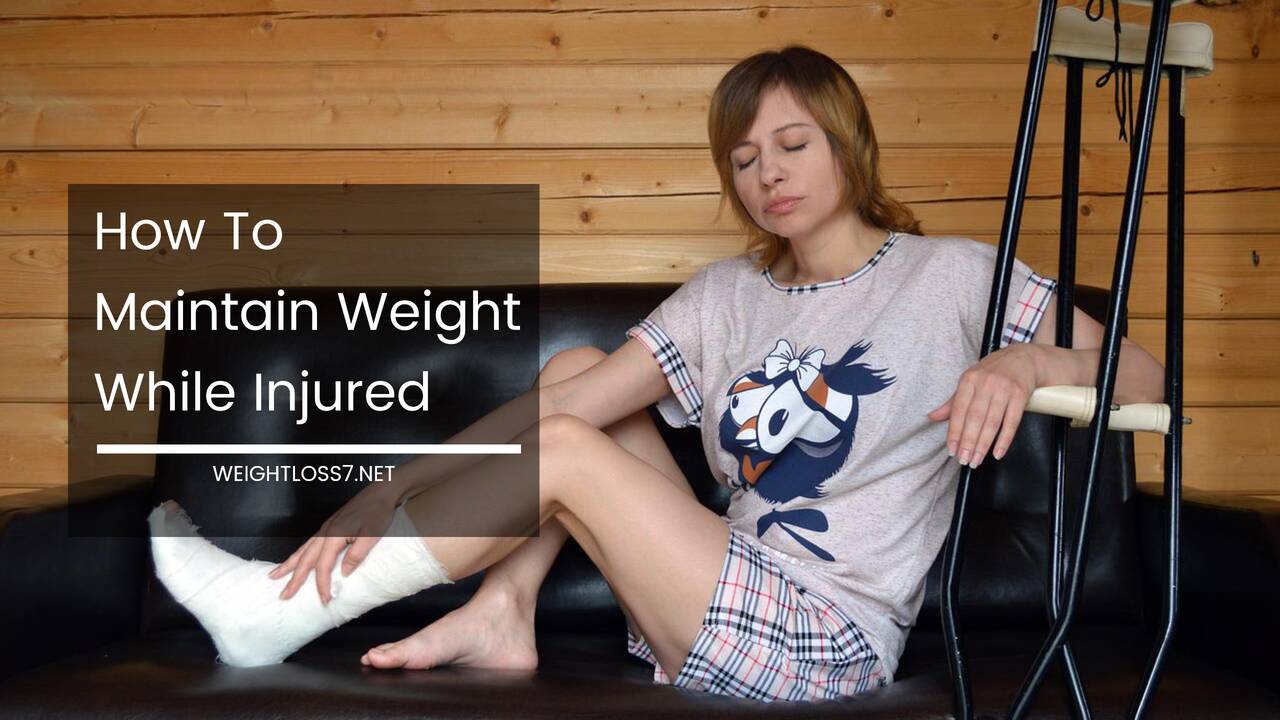Balanced Diet and Nutritional Food Supplements: The Keys To a Healthy Body

As the old adage goes, “you are what you eat.” If you eat junk foods and empty sugars, then you can end up having a body that’s junk-shaped and prone to diseases.
Conversely, if you want to stay in the pink of health, then you need to incorporate nutritious foods in your regimen, which is where a balanced diet comes into play. It is essential for a fit body.
That said, if you can’t eat certain types of foods because of your preferences or religion, then you are better off stocking up on nutritional food supplements.
Here’s everything you need to know about eating a balanced diet and taking nutritional food supplements.
What Is a Balanced Diet?
You’ve probably heard the term “balanced diet” a zillion times before. But what is it exactly?
A balanced diet is one that comprises of the quality and variety of nutrients required to maintain good health. Each meal must consist of the correct proportions of carbohydrate, protein, vitamins, mineral, fiber, and fat.
So for example, if you take too much of rice, bread, and pasta at lunch, then you’re not eating a balanced diet as you just had a meal that is loaded with sugars, starches, and carbohydrates but lacks in vitamins, minerals, protein, fat, and fiber.
What are Nutritional Food Supplements?
These supplements range from vitamins and minerals, to other less-famous substances such as amino acids, enzymes, botanicals and herbals. These supplements come in different forms, from capsules and tablets, to gelcaps and softgels.
The most common dietary supplements include Vitamins, Minerals, Fiber, Glucosamine, Omega-3 Fatty Acids, Ginger, Acidophilus, Chondroitin Sulphate, Echinacea, Saw Palmetto, and St. John’s Wort, to name a few.
While most people can take dietary supplements, there are certain individuals who can benefit from these add-ons. For one, a pregnant woman is advised to take 400 mcg of folic acid everyday to prevent the development of neural tube defects.
Prenatal Vitamins and Iron Supplements should also be taken to achieve the baby’s optimal health.
Adults aged 50 years old or older are advised to take Vitamin B-12 supplements for their brain and nerve functions.
Other Considerations When Taking Nutritional Food Supplements
Vegans and individuals who consume less than 1,600 calories a day need to take nutritional food supplements to get the vitamins and minerals that they need.
Those who have undergone gastrointestinal surgeries and people with health problems that affect nutrient absorption should also take dietary supplements as well.
Benefits Of Nutritional Food Supplements
As it has been said, some people can’t have balanced diets because of their food preferences and religions. If you’re one of these people, you can have the nutrients that you lack by taking these dietary supplements.
Although this is the case, these supplements were not created to replace the foods that are needed for a balanced diet.
Unlike other medications, nutritional food supplements cannot cure, treat, diagnose and prevent health conditions.
Nutritional food supplements offer many health benefits, yet you need to be careful prior to taking any one of them.
Check the label and the expiration date. Avoid mega doses, so you can get the appropriate amount of vitamins and minerals.
Sometimes, eating healthy foods is not enough. You should take nutritional food supplements as well to keep your body in tip-top shape. Just remember to take them accordingly to reap the positive results you want to achieve.

















